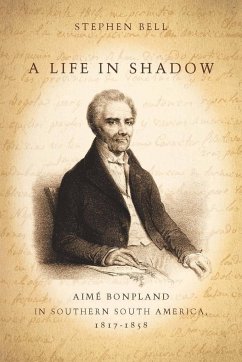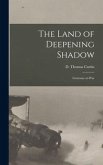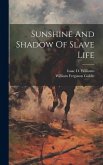French naturalist and medical doctor Aimé Bonpland (1773-1858) was one of the most important scientific explorers of South America in the early nineteenth century. From 1799 to 1804, he worked alongside Alexander von Humboldt as the latter carried out his celebrated research in northern South America, but he later returned to conduct his own research farther south. A Life in Shadow accounts for the entire span of Bonpland's remarkable and diverse career in South America-in Argentina, Paraguay (where he was imprisoned for nearly a decade), Uruguay, and southernmost Brazil-based on extensive archival material. The study reconnects Bonpland's divided records in Europe and South America and delves into his studies of rural resources in interior regions of South America, including experimental cultivation techniques. This is a fascinating account of a man-a doctor, farmer, rancher, scientific explorer, and political conspirator-who interacted in many revealing ways with the evolving societies and institutions of South America.
Hinweis: Dieser Artikel kann nur an eine deutsche Lieferadresse ausgeliefert werden.
Hinweis: Dieser Artikel kann nur an eine deutsche Lieferadresse ausgeliefert werden.








